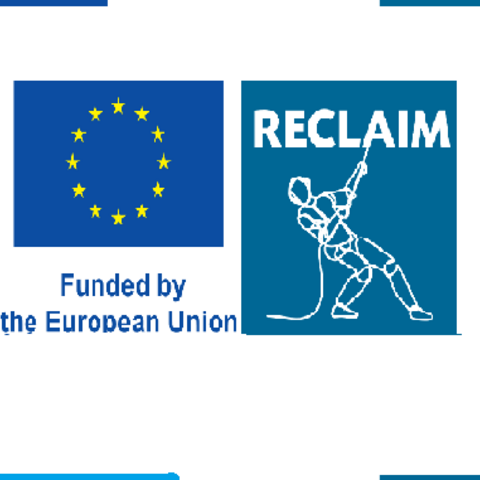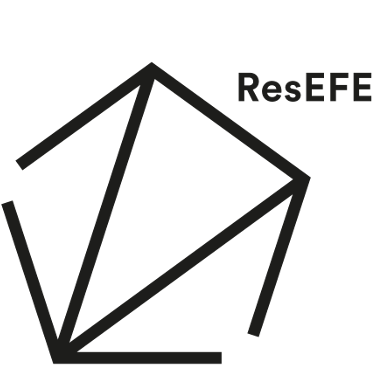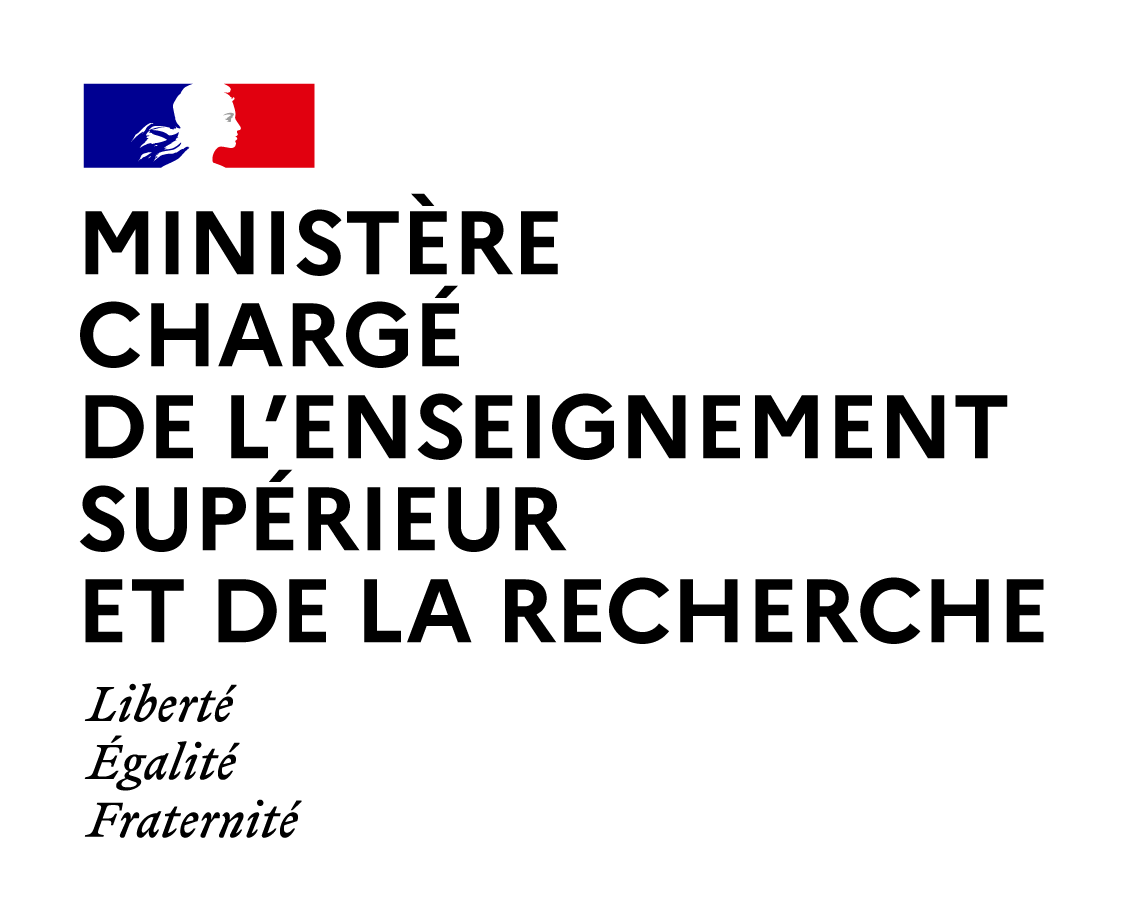Speaker:
Taru Haapala
Fellow MIAS - Tomás y ValienteLuis Bouza García
Associate professor of political science, UAM
Casa de Velázquez
Salle Pierre Paris
Time: 16:00-18:00
Lenguage: English
The seminar will also be accessible online.
Please fill in the form to get the link to join the seminar.
Abstract:
This seminar discusses concepts and uses of arguments in liberal democracies regarding post-truth politics. The phenomenon of post-truth politics has been generally understood as beginning with the Brexit referendum and the US presidential elections in 2016 bringing about a new era of ‘postfactual politics’ (Macmullen, 2020) or ‘truth decay’ (Kavanagh & Rich, 2018). It is assumed to involve the introduction of populist movements and politicians presenting alternative facts.
Political scientists have argued, however, that the concept of post-truth politics can be misleading as it supposes that the role of facts in politics is fading (Conrad & Hálfdanarson, 2022). The opposite can be seen, for example, in the ways in which liberal democratic politics is currently practised, relying heavily on expertise and specialized knowledge for political decision-making. Rather than focusing on populism and post-truth politics as such, a new normative angle in this scholarly debate is to aim for defending the institutions of liberal democracy to rebuild trust. The defence of democracy relies on theories based on critical examination of the complexities of the democratic system that can be useful to policymakers and citizens. It also requires trust that various actors can rebuild, for example, through demanding and implementing regulation. And, finally, defending democracy is also reliant on re-conceptualisations of current practices of liberalism.
Against that background, this seminar addresses the development of theories, actors and re-conceptualisations of liberal democracy in the framework of the ongoing Horizon Europe project “Reclaiming Liberal Democracy in the Postfactual Age” (RECLAIM; 2022-2025) addressing the challenge of post-truth politics for the future of liberal democracy. It focuses on the conceptual approach developed in the project to tackle the following questions: Can liberal democracy be reclaimed in the era of post-truth politics? If so, to what direction should democratic theories be developed to rebuild trust in society? What is the role of regulation in liberal democracies? Is regulation enough to tackle the challenges? Or can too much regulation, of the media or political parties, be unhelpful for democratic politics?
References:
Conrad, M., Hálfdanarson, G. (2023). Introduction: Europe in the Age of Post-Truth Politics. In: Conrad, M., Hálfdanarson, G., Michailidou, A., Galpin, C., Pyrhönen, N. (eds) Europe in the Age of Post-Truth Politics (pp. 1-9). Palgrave Macmillan, Cham.
Kavanagh, J., & Rich, M. (2018). Truth decay: An initial exploration of the diminishing role of facts and analysis in American public life. RAND Corporation.
MacMullen, I. (2020). Survey article: What is ‘post-factual’ politics? Journal of Political Philosophy, 28(1), 97–116.
Fig.: The official logo of the RECLAIM project, www.reclaim.hi.is. RECLAIM is a Research and Innovation Action funded by the EU’s Horizon Europe programme. Views and opinions expressed are however those of the author(s) only and do not necessarily reflect those of the European Union or the European Research Executive Agency (REA). Neither the European Union nor the granting authority can be held responsible for them.















